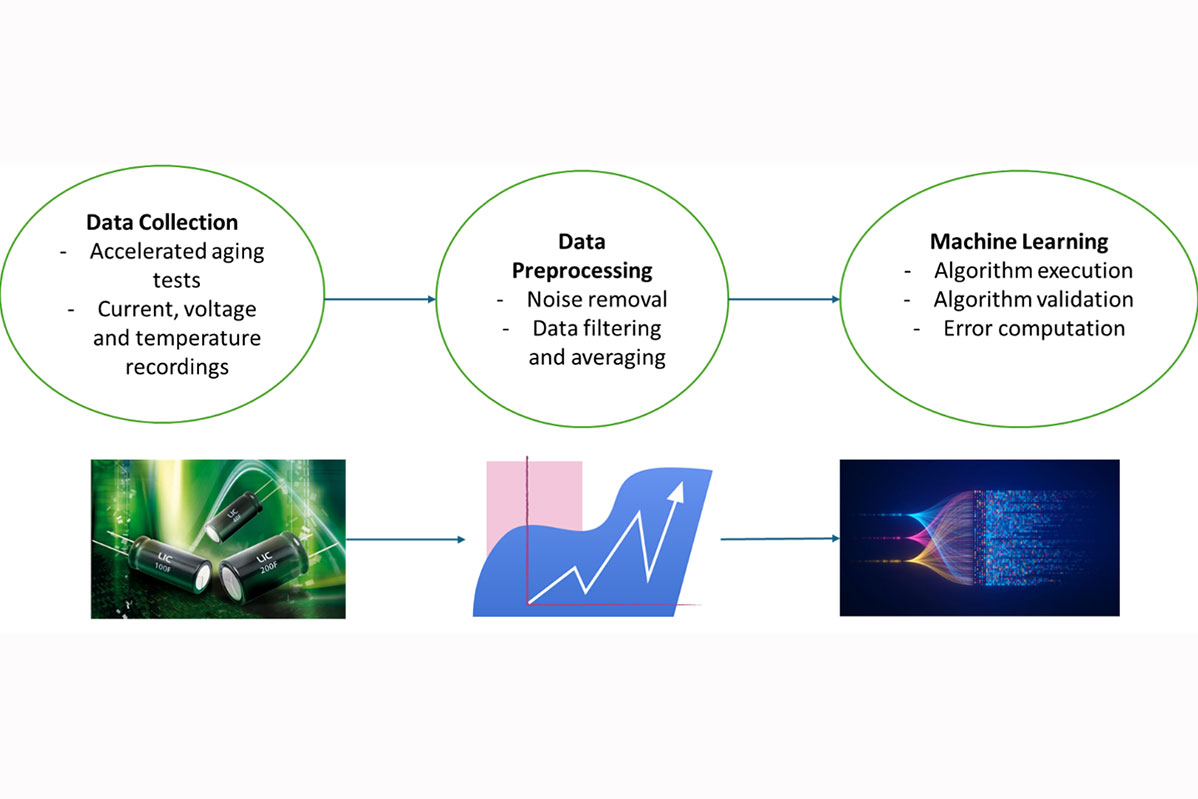State of Health Estimation of Electrical Energy Storage Systems Using Machine Learning
Project Details
- Student(s): Dan Chahine
- Advisor(s): Dr. Nagham El Ghossein
- Department: Electrical & Computer
- Academic Year(s): 2023-2024
Abstract
The propagation of electronics, the exponential growth of renewable energy sources, and the widespread adoption of electric vehicles have propelled the development and integration of electrical energy storage systems into our daily lives. As the utilization of these devices continues to escalate, accurate estimation of their State of Health (SoH) becomes paramount. SoH estimation hinges significantly on performance monitoring, enabling proactive maintenance planning and effective asset management. Moreover, ensuring safety is imperative throughout the lifecycle of energy storage systems. Among the various options available, Lithium-ion capacitors have emerged as a popular choice due to their remarkable attributes such as high-power density, extended cycle life, safety features, and relatively high energy density. Since they are still considered as a new technology, few research have studied their SoH.
In this project, the powerful tools of Machine Learning (ML) were used to model the SoH of lithium-ion capacitors. Three data-driven were compared: Artificial Neural Networks (ANN), K-Nearest-Neighbors (KNN) and Decision Trees (DT). In order to train the models, data from accelerated cycle aging tests applied to lithium-ion capacitors were used. The ANN offered the highest overall accuracy compared to other models; however, the computation time was significant. The KNN model provided the best compromise between accuracy and computation time.
